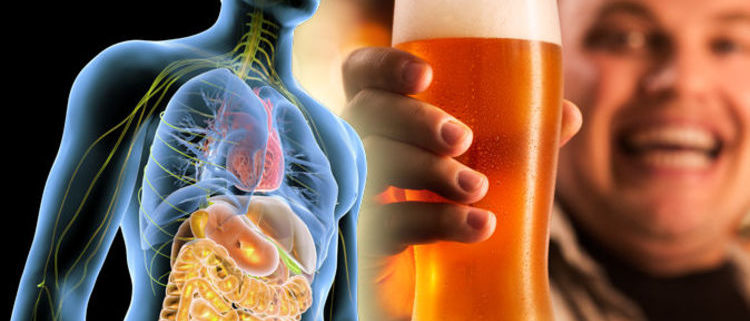THE EFFECTS OF ALCOHOL ON OXYGEN LEVELS IN THE BODY
Alcohol does many things to the human body. It can make you happy, angry, relaxed and it can make you the life of a party. However, too much alcohol can also interfere with your body’s ability to absorb oxygen and on the other hand moderate alcohol consumptions may provide health benefits.
Oxygen Desaturation
Alcohol can lead to oxygen desaturation in the body. The oxygen desaturation index (ODI) is the number of times per hour of sleep that the blood’s oxygen level drop by a certain degree from baseline. The ODI is typically measured as part of standard sleep studies, such as a diagnostic polysomnogram, home sleep apnea testing, or with overnight oximetry.
Blood Sludging
Blood sludging is the clinical term used to describe the phenomenon of alcohol and your red blood cells, which, in turn, impacts your body’s ability to absorb oxygen. Once the alcohol has entered your bloodstream, it causes your red blood cells to clump together.Sludged blood in which the corpuscles, as a result of some general abnormal state, for example, burns, traumatic shock, and similar stresses, become massed together in the capillaries, and thereby block the vessels or move slowly through them.
COPD and Alcohol consumptions:
Glutathione deficiency: This antioxidant is found in the lungs. Since drinking alcohol lowers your body’s glutathione levels, it can aggravate your COPD symptoms and cause a flare-up. Decreased lung function: Chronic alcohol consumption is associated with decreasing lung function in patients with lung disease.
Moderate alcohol consumption may provide some health benefits, such as:
- Reduce your risk of developing and dying from heart disease.
- Possibly reduce your risk of ischemic stroke (when the arteries to your brain become narrowed or blocked, causing severely reduced blood flow)
- Possibly reduce your risk of diabetes.
What causes oxygen level to be low?
Lung diseases such as chronic obstructive pulmonary disease (COPD), emphysema, bronchitis, pneumonia, and pulmonary edema (fluid in the lungs) Strong pain medicines and other drugs that hold back breathing. Heart problems. Anemia (a low number of red blood cells, which carry oxygen)
Ways to get more oxygen in your blood?
Exercise is one of the best ways to cope up with oxygen.Even a small amount of exercise will help to improve your respiration ability, as your breathing rate increases and deepens your lungs can absorb more oxygen. You may also increase your water intake. Water is made up of oxygen so by increasing your water consumption you can increase the amount of oxygen in your body.
To feel assured with your normal oxygen range, simply check your oxygen saturation 4 times a day for 5 days using your fingertip oximeter. Record each measurement in the activity log and be sure to also record what you were doing prior to checking.
It’s your personal decision whether you want to drink alcohol or not, but the decision shouldn’t be taken lightly. The best approach is to discuss your personal risks with your doctor first so he or she can assess your medical history, current health, and medications. During the discussion, you and your doctor may come to a conclusion about how much alcohol you can consume without endangering yourself.
Live healthily, live longer. Making just a few changes in your lifestyle can help you live longer. A recent study found that four bad behaviors—smoking, drinking too much alcohol, not exercising, and not eating enough fruits and veggies—can hustle you into an early grave, and, in effect, the age you by as many as 12 years.
The information, including but not limited to, text, graphics, images and other material contained on this website are for informational purposes only. The purpose of this website is to promote broad consumer understanding and knowledge of various health topics. It is not intended to be a substitute for professional medical advice, diagnosis or treatment. Always seek the advice of your physician or another qualified healthcare provider with any questions you may have regarding a medical condition or treatment and before undertaking a new health care regimen, and never disregard professional medical advice or delay in seeking it because of something you have read on this website.
Resources:
http://www.domorewithoxygen.com/bid/308175/Life-With-COPD-Effects-of-Alcohol-When-You-Have-COPD
https://healthfully.com/effects-alcohol-oxygen-absorption-8017604.html




Just a comment on oxygen in water. Oygxgen in water is bound in a molecule. Water doesn’t release it’s oxygen molecule and therefore doese not raise oxygen levels. Still water can prevent dehydration. If the body gets dehydrated, the heart needs to beat faster, which is why staying hydrated can lower the amount of oxygen used by the body
How can I order and how much